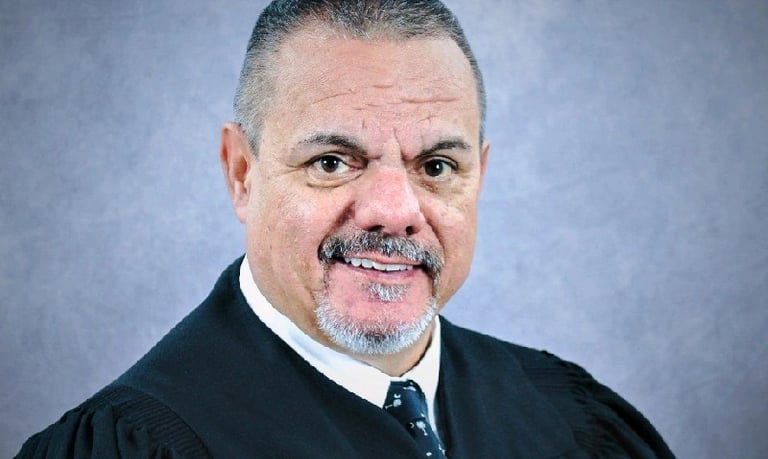Widow of Doyle Pierce accuses Judge Danny Singleton of Extreme Bias - Files Motion to Move Husband's Estate Case to Anderson County
OCONEE PROBATE COURT


In a highly contentious probate case, Mrs. Dorothy Pierce has leveled serious accusations against Judge Danny Singleton, claiming he has demonstrated extreme bias against her and has consistently targeted her family members. These allegations are detailed in a motion for a change of venue, wherein Mrs. Pierce seeks to move her late husband's estate case from Oconee County to Anderson County.
In a recent motion filed in the Oconee County Probate Court, Mrs. Pierce seeks a significant yet necessary intervention: a motion to change the venue of the probate case concerning the estate of the late Doyle Elton Pierce. This affidavit in support of the motion underscores the complex interplay between judicial conduct and the fair administration of justice.
Legal Statuses and Rulings:
The affidavit invokes several key statutes and rules that influence the present motion. Central to this discourse is the South Carolina Code Ann. § 15-7-110, which legislates the criteria for a change of venue. The Petitioner also points to Rule 205, SCACR, emphasizing the conferral of exclusive jurisdiction to the appellate court upon service of the notice of appeal, a fact critical to this matter.
Allegations of Bias and Judicial Error:
The Petitioner's affidavit meticulously documents instances that purportedly display partiality and bias on the part of Judge Singleton. For instance, the affidavit alleges selective enforcement of court orders and wrongful advisements regarding immediate enforceability, contravening Rule 241, SCACR. Moreover, the affidavit cites the "law of the in case" principle as enshrined in S.C. Pub. Interest Found v. Wilson and echoes the judicial obligations laid out in Rule 205 and Rule 203, SCACR, alongside Rule 73, SCRCP.
Contentions of Unfair Prejudice:
Mrs. Pierce's affidavit places considerable weight on the notion of perceived judicial vindictiveness, bias, and partiality as justification for a venue change. It reflects upon this perceived bias with supporting cases such as Mallett v. Mallett, which argues that the appearance of impropriety is sufficient to warrant the presumption of vindictiveness.
Judicial Conduct Ethics:
Further contesting the integrity of the judicial process in the current venue, the affidavit references ethical mandates like Canon 3(C)(1)(a), Rule 501, SCACR, implicating a judge's required recusal in the presence of any personal bias concerning a party. It critically analyzes actions taken by Judge Singleton post-settlement, including allegations of ex parte communications, which the affidavit asserts violate Cannon 3(B)(7), Rule 501, SCACR, and notes that such conduct is detrimental to the Petitioner.
The affidavit consequently cites Payne v. Holiday Towers, Inc. in support of the concept that a judge must maintain impartiality, concomitant with the fairness and integrity of the judiciary.
The detailed affidavit presented by Mrs. Pierce reflects a conscientious plea for an impartial and equitable judicial process. By drawing on both statutory mandates and case law precedents, the Petitioner's affidavit elucidates grievances with the current proceedings and posits that the only resolution lies in a change of venue.
Ms. Pierce’s affidavits serve not only as a quest for individual justice but a clarion call for the broader principle that fairness must underpin all judicial proceedings—an ideal echoed in the foundations of the American legal system.
This article, extrapolated from the Petitioner’s affidavit, lays bare the strife encountered in pursuit of that fairness. Whether these allegations of judicial impropriety will compel the authorities to grant a change of venue remains within the aegis of the courts. Nonetheless, the intricate tapestry of concerns weaved in this affidavit urges us to consider the sanctity of unbiased adjudication and the need for perpetual vigilance to uphold justice.
